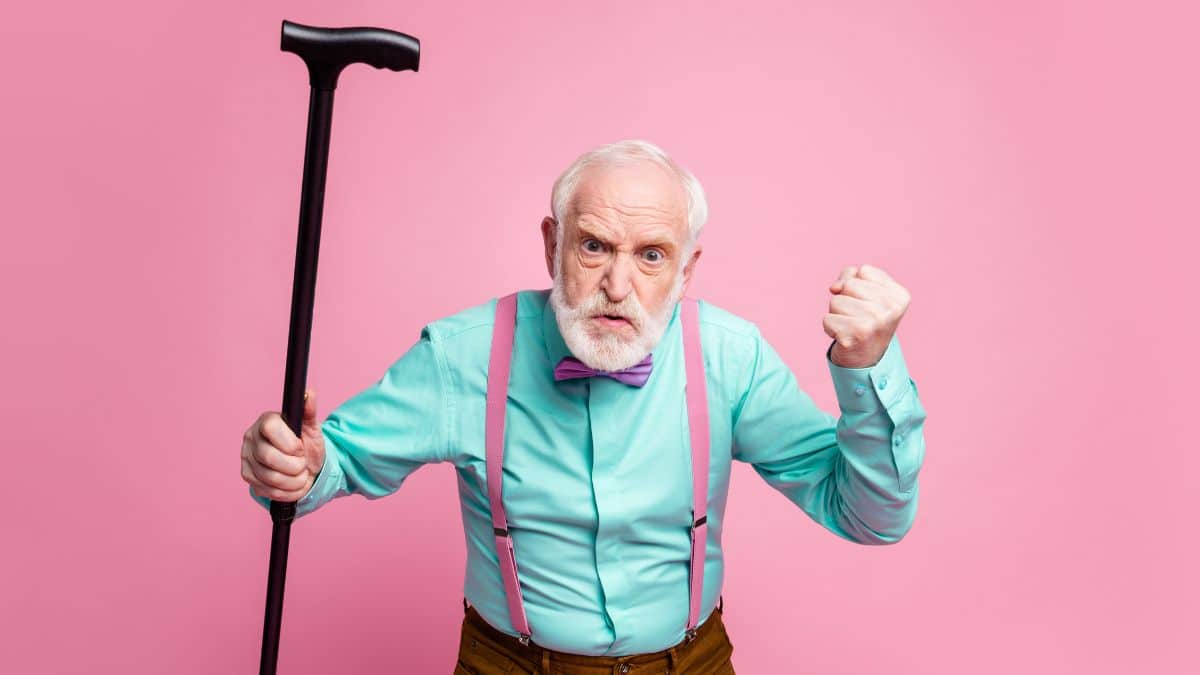Embark on a journey through the time machine as we delve into the cringe-worthy realm of television history. Within this nostalgic exploration, we’ll encounter shows that were once popular but now serve as reminders of the progress we’ve made and the gratitude we feel for leaving behind questionable humor and outdated stereotypes.
Fraiser

Kelsey Grammer’s leap from Cheers to the hit spin-off Frasier was met with great success, but upon revisiting the show, it becomes apparent that certain storylines can be uncomfortable when examined through a modern lens. While Frasier enjoyed widespread acclaim during its initial run, there are aspects that now raise concerns.
The show occasionally exhibited instances of casual homophobia, and Roz’s confident and liberated lifestyle faced unwarranted judgment and scrutiny. Moreover, Niles’ persistent infatuation with Daphne led to uncomfortable moments that may be regarded differently in light of the #MeToo movement.
Desperate Housewives

Desperate Housewives, a prime-time soap opera that premiered in 2004, offered a dramatic and comedic take on the lives of women living in the seemingly perfect suburban neighborhood of Wisteria Lane. The show delved into the secrets, scandals, and mysteries lurking behind closed doors, captivating audiences with its mix of juicy storylines and compelling characters.
However, Desperate Housewives faced its fair share of criticism, particularly in its portrayal of women and its treatment of certain themes. The show has been accused of perpetuating stereotypes and unrealistic beauty standards, often focusing on the lives of affluent white women while neglecting to explore more diverse perspectives. Additionally, some storylines and character arcs have been deemed problematic or exploitative, with instances of sensationalism and over-the-top drama.
The Big Bang Theory

The Big Bang Theory, a sitcom that dominated television screens throughout the 2010s, had its fair share of successes and controversies. While the show celebrated intellect and introduced audiences to a group of socially awkward scientists, it also faced criticism for its handling of sensitive topics.
One notable issue with The Big Bang Theory was its frequent use of racist humor. Raj’s character often became the target of jokes centered around his accent and cultural background, perpetuating stereotypes and marginalizing him as the butt of the joke. Additionally, Sheldon’s mother, Mary, showcased a prejudiced attitude, making insensitive remarks about different religions, sexual orientations, and beliefs.
2 Broke Girls

Starring Kat Dennings and Beth Behrs as struggling waitresses on a quest to establish a cupcake business, the sitcom veered into tasteless territory. It shamelessly employed racist humor, perpetuated harmful stereotypes, made sexist jokes, and casually embraced homophobia, weaving these elements into its everyday dialogue.
Unfortunately, the show’s attempt at shock value overshadowed its comedic merits, relying on the talents of Dennings, Behrs, and a remarkable supporting cast, including the comedic prowess of Jennifer Coolidge, to sustain its longevity.
Home Improvement

Following the life of a TV personality juggling his career and fatherhood, Home Improvement faces its biggest obstacle in the treatment of its female characters. Tim’s occasional misogynistic behavior, which could have been explored as a character flaw to provoke meaningful discussions, instead becomes a recurring theme that the show seemingly embraces. Rather than challenging his worldview, the series often expects the audience to simply find it amusing and laugh along.
If Home Improvement had dared to delve into Tim’s flaws to tell thought-provoking stories, it could have been ahead of its time. However, the missed opportunity to address and grow from these problematic aspects leaves the show feeling dated and out of step with today’s more inclusive and progressive mindset.
Modern Family
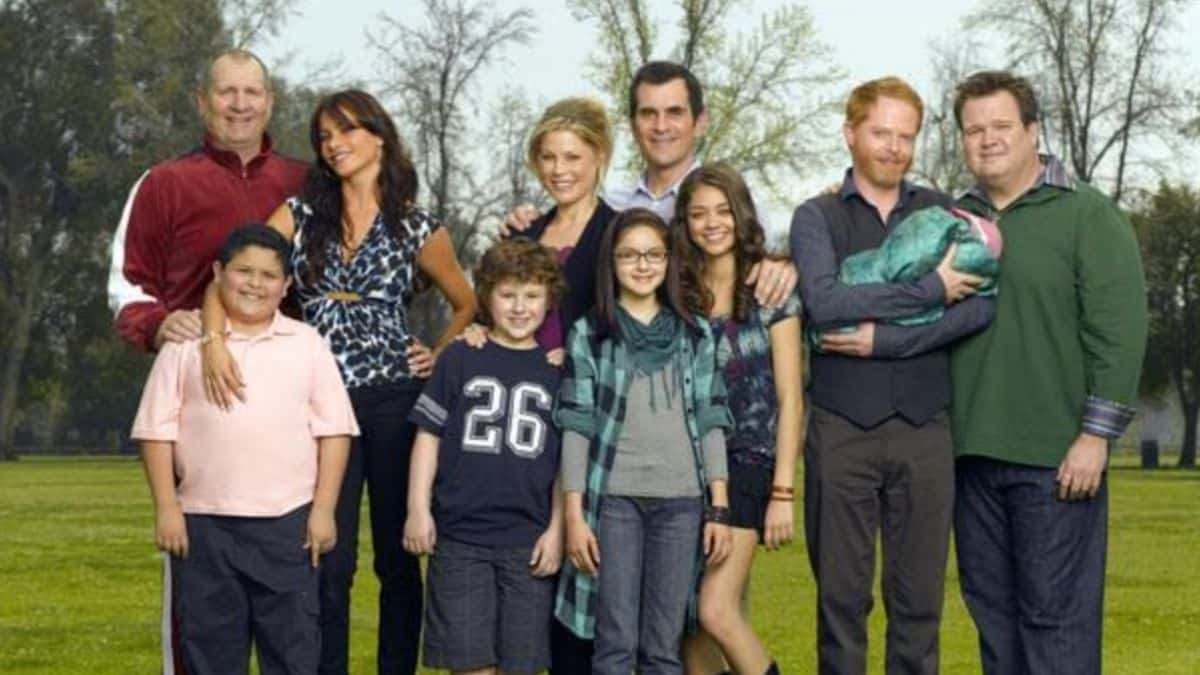
The show followed the lives of Jay Pritchett and his extended family, including his second wife, stepson, and his two adult children with their respective families. While Modern Family received widespread acclaim for its portrayal of different family structures and tackling social issues with a lighthearted touch, some aspects of the show have faced criticism.
The character of Gloria, played by Sofia Vergara, has been accused of perpetuating certain stereotypes, such as the “fiery Latina” trope, which has raised concerns about representation. Additionally, the show’s predominantly white cast and limited diversity in its main characters have also been points of contention.
Seinfeld

Seinfeld, often hailed as a sitcom that revolutionized television, follows the lives of Jerry Seinfeld and his eccentric group of friends as they navigate the mundane and absurdities of everyday life in New York City. The show, known for its “show about nothing” concept, became a cultural phenomenon and showcased a unique brand of observational humor.
However, upon closer examination, Seinfeld is not without its flaws. The show has faced criticism for its lack of diversity, particularly in its main cast, which consisted primarily of white characters. Additionally, some episodes and storylines have been criticized for their insensitivity or perpetuation of stereotypes.
Friends

Friends, the timeless classic sitcom that warmed our hearts for a decade, is undeniably an iconic piece of television history. Yet, as we don our nostalgic glasses and revisit the beloved Central Perk gang, it’s important to acknowledge that the show has its fair share of eyebrow-raising moments.
From its lack of diversity to its problematic storylines, Friends sometimes feels like a time capsule of the past, reminding us how much our collective understanding and sensibilities have evolved. So, grab a coffee and settle in for a binge-watching session, but remember to keep a critical eye on the show’s outdated elements.
Two And A Half Men

Alongside Jon Cryer, Sheen portrayed the womanizing Charlie Harper, whose hedonistic lifestyle formed the core of the show’s humor. However, as the series progressed, it devolved into a problematic portrayal of women, with Charlie’s interactions reducing them to disposable objects.
The later seasons relied on offensive humor, losing the charm and wit that initially captivated audiences. Sheen’s very public meltdown marked his departure, leading to Ashton Kutcher’s entrance as a replacement, but even with the change, the show failed to regain its former glory. Ultimately, Two and a Half Men concluded with a widely criticized series finale, cementing its status as one of television’s most disappointing endings.
How I Met Your Mother

With its unique storytelling approach, recounting the tale of a father sharing his journey of meeting their mother with his teenage children, the show initially captured audiences’ hearts. However, the character of Barney Stinson, flawlessly portrayed by Neil Patrick Harris, has become a source of controversy.
Barney, a womanizing executive who objectifies women and manipulates them, was once hailed as a comedic triumph, earning Harris critical acclaim and Emmy nominations. Yet, in today’s cultural landscape, Barney’s treatment of women raises serious questions, particularly in the wake of the #MeToo movement. As a result, revisiting How I Met Your Mother becomes challenging, with many Barney-centric scenes aging poorly.
The Worst Hobbies Women Find UNATTRACTIVE in Men
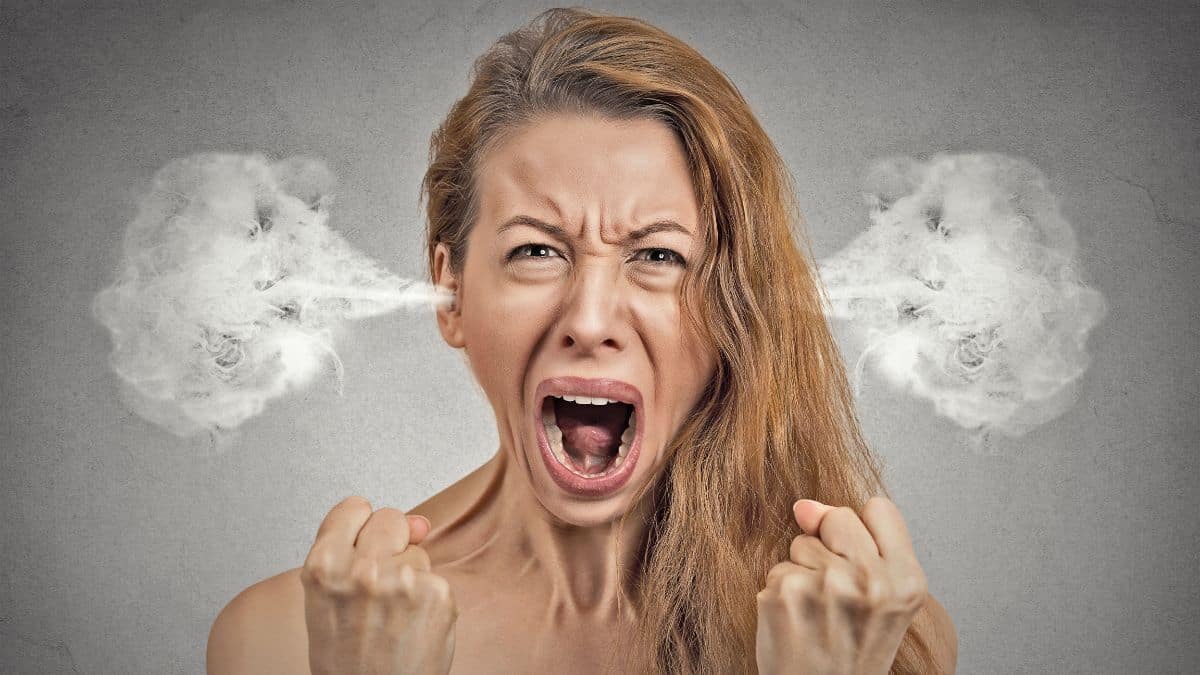
Time to LET GO: Gen X Trends That Have OUTLIVED Their Relevance and Should Be Retired
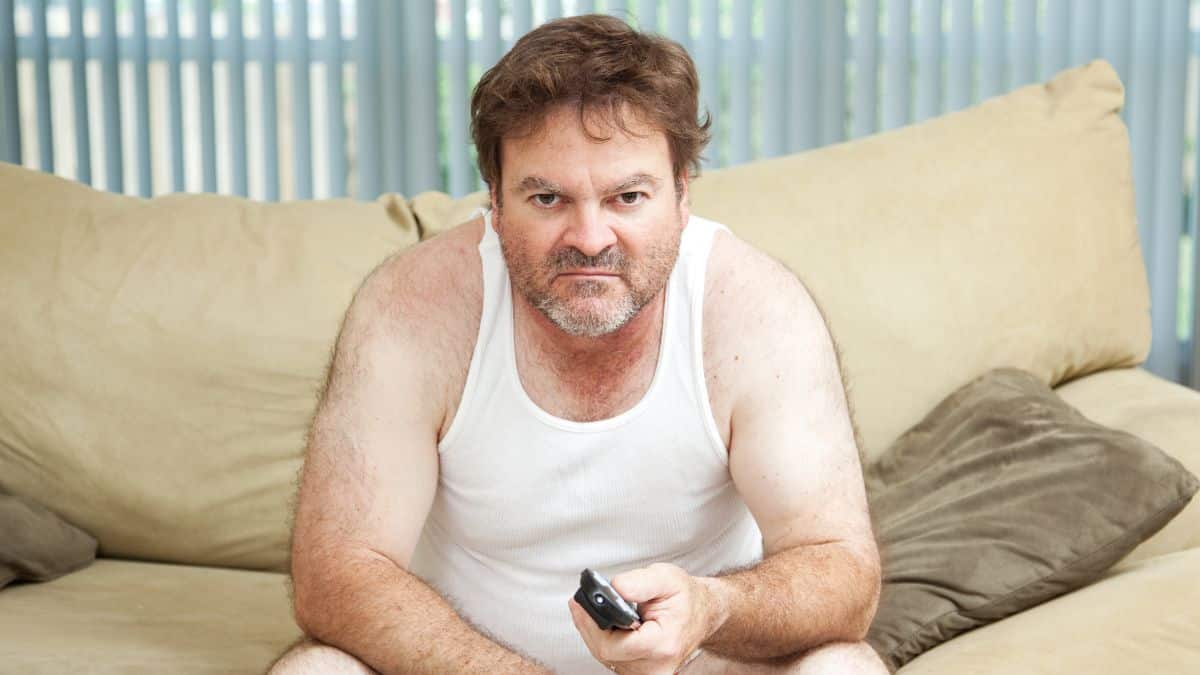
10 STUPID Things MEN Think Make Them Look More “Manly”
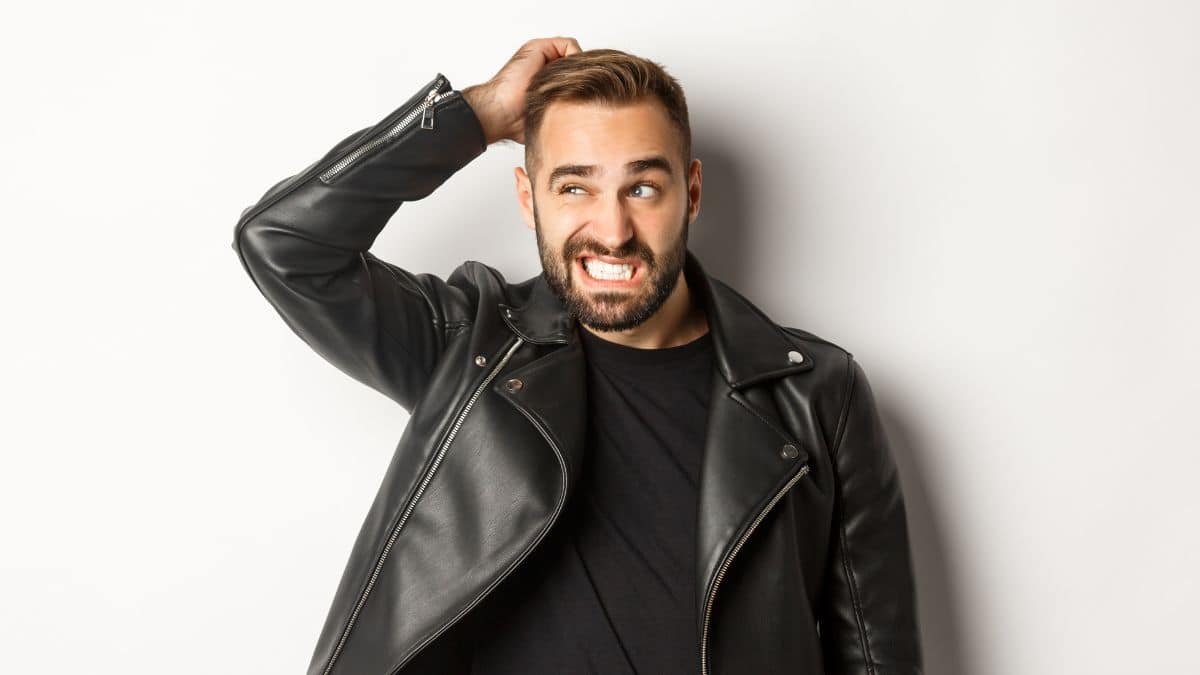
HILARIOUSLY Relatable Signs That Prove You’re the Life of the (Introvert) Party!

Boomerisms That Will Fade Away: HILARIOUS Phrases on Their Extinction List
